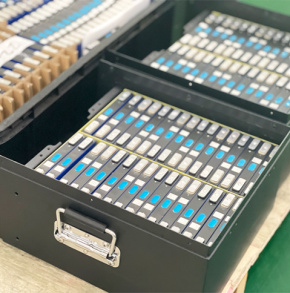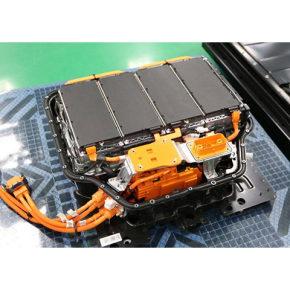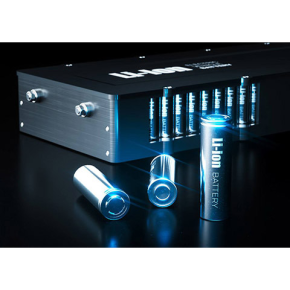With the advent of the mobile Internet era, mobile phones, tablets and laptops have become an important part of people's daily life. Lithium batteries and portable power banks provide great convenience for us to enjoy mobile life. However, due to the chemical properties inherent in lithium batteries and power banks, such as the use of flammable organic electrolytes, there are certain potential risks associated with their inherent nature. Especially when the production process and structure of the product do not meet the technical requirements of national standards, or when it is subjected to extreme high and low temperatures, severe collisions, long-term overcharging and other special situations during transportation and use, it is easy to experience thermal runaway, causing battery swelling and leading to safety issues such as fire, explosion, overheating or leakage, directly endangering the personal health and safety of consumers.
China is a major consumer of lithium batteries and power banks, and at the same time, the scale of China's lithium battery and related industries has jumped to the top in the world. According to the results of national supervision and spot checks on product quality, the qualification rate of lithium-ion batteries for mobile phones is less than 90%, and the qualification rate of mobile power banks has been hovering between 60% and 80%.
In order to strengthen the quality and safety supervision of products such as lithium batteries and power banks, the General Office of the State Council issued the "Opinions on Deepening the Reform of the Management System of the Electronic and Electrical Industry" in September 2022, which clearly requires that lithium batteries and mobile power banks with high safety risks be included in the mandatory product certification management. The State Administration for Market Regulation has issued a notice to implement CCC certification management for lithium-ion batteries, battery packs, and mobile power banks from August 1, 2023.
Compulsory product certification, also known as CCC certification, is a market access system implemented by the Chinese government for products related to personal health and safety in accordance with relevant laws and regulations and international practices, based on the principles of marketization and internationalization. As of now, the CCC certification system covers 96 types of products in 16 major categories, including consumer industrial products related to daily life of the general public such as household electronic appliances, automobiles, toys, etc. CCC certification has played an important role in promoting product safety and quality improvement, and protecting consumer rights and interests. With the deepening and effective implementation of certification work, the qualification rate of lighting products has increased from 32% to 94%, the qualification rate of car child safety seats has increased from less than 10% to 97%, and the average qualification rate of certified products has remained stable at over 90%.
The State Administration for Market Regulation reminds consumers to pay attention to the CCC mark when purchasing lithium batteries and power banks, but improper use may still pose risks and hidden dangers. To reduce the probability of danger, it is also necessary to develop good usage habits:
Firstly, try to avoid using electronic products while charging or charging them for a long time, as this will increase the risk of product overheating.
Secondly, do not replace the charger casually. Some fast charging chargers have high charging power, but for some batteries without limit protection design, it may cause overvoltage or overcurrent charging, posing a safety hazard.
Thirdly, do not disassemble the product or replace the battery on your own. For non professionals, the selection of tools and proficiency in disassembly and installation can cause irritation or even damage to the phone battery.
Fourthly, timely maintenance and replacement should be carried out. After electronic products are immersed in water or exposed to sunlight, they should be promptly sent to a professional repair shop for inspection and confirmation. If necessary, lithium batteries should be replaced.


